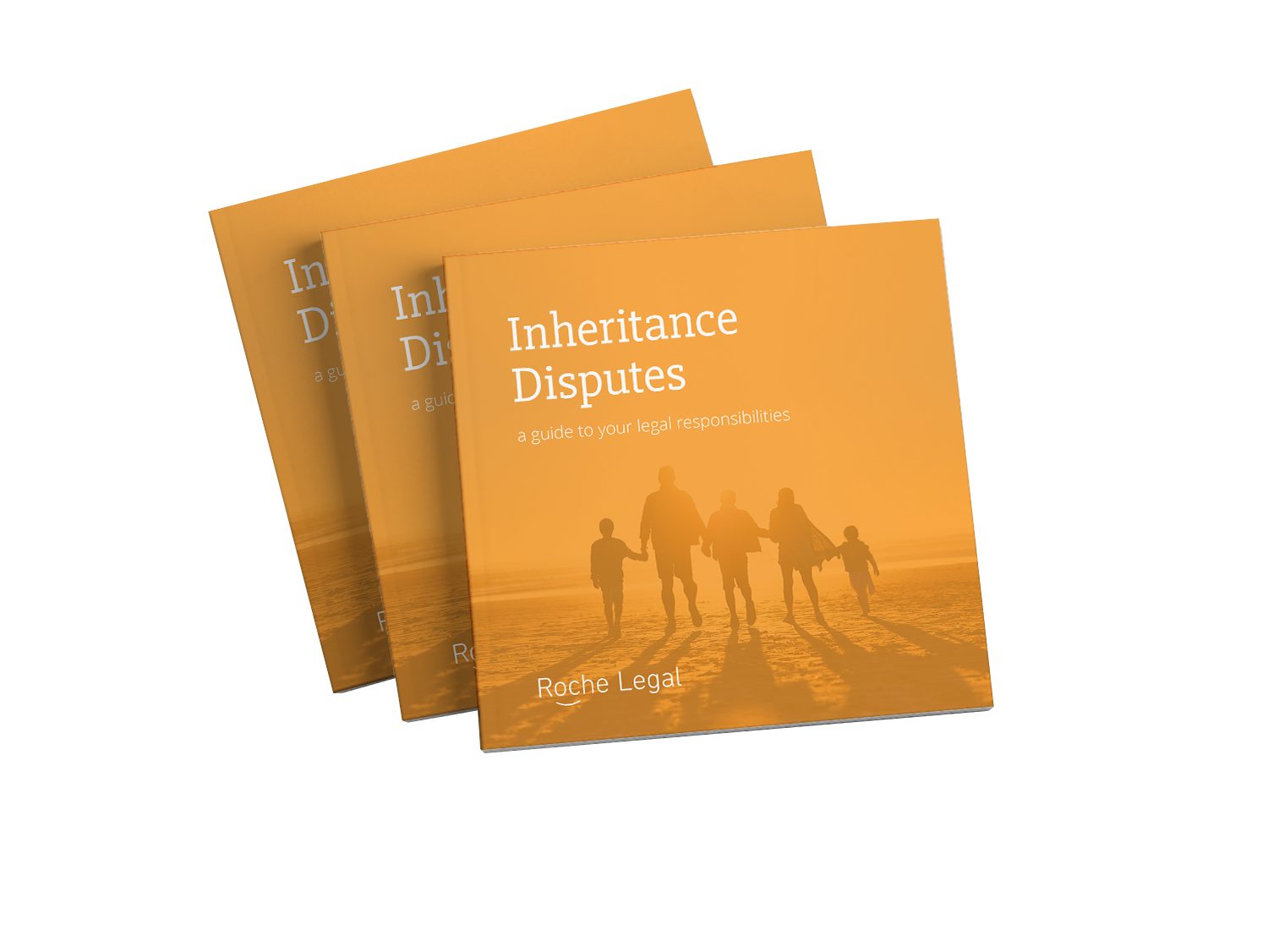The process of administering an estate can be long and stressful. Even the most straight-forward of estates can take months to resolve, all at a time when everyone involved is trying to deal with the emotion of losing a loved one.
When people are under such a lot of pressure, it’s not unusual for tensions to arise. Unfortunately, in some situations, these tensions can bubble into something bigger.
Why might there be a disagreement?
There are all sorts of reasons why a disagreement might arise during the course of administering an estate.
Common issues might include:
- Concern about whether the personal representatives are doing a good job.
- Someone believing they have been treated unfairly in a Will.
- Someone believing they have not been given what they were promised in a Will.
- Someone believing they will miss out due to the intestacy laws.
- Concern about how the Will should be interpreted.
- Concern about whether the Will should be considered valid.
- Someone believing someone else has had an undue influence on the Will.
- Discordance about how personal possessions such as jewellery, art, collectibles or furniture should be distributed.
If the people involved in administering the estate aren’t able to resolve the disagreement themselves, whether or not any further legal action can be taken will depend on the circumstances of the estate and the individuals involved.

Download our handy guide
Everything you need to know about the legal considerations of an inheritance dispute.
When is the right time to speak to a solicitor?
In many cases, it can be helpful to seek advice as early as possible. There can be a lot of uncertainty around administering an estate and who might have what legal rights.
Speaking to a specialist probate solicitor, especially someone with expertise in contentious probate, can help to address any confusion and ensure that everyone involved understands their legal position.
Occasionally, people involved in a disagreement might worry that seeking legal advice could escalate a disagreement rather than help to resolve it. If this is a concern for you, please let us assure you that legal professionals are much more likely to work towards unifying all parties than anything else.
Good communication is often vital in these situations. In our experience, it can be helpful to be open and tell everyone involved that you plan to speak to a solicitor in order to find out what’s in the best interest of all.
What are likely to be the first legal steps?
Initially, a solicitor will advise on the situation and set out where all parties stand legally. They will be able to explain any legal steps that may be possible, whether that’s determining whether or not a Will is valid or making an inheritance claim. A conversation such as this will often help all involved parties to be able to collectively decide on a way forward.
If this initial advice doesn’t help to resolve the disagreement, your solicitor is likely to recommend mediation. This is a legal process designed to help all parties find a compromise.
During mediation, everyone involved will come together in a neutral location to discuss the issue. The discussion will be chaired by a trained and impartial mediator. The mediator will work with the group as a whole, as well as with each party individually, to explain the best and worst case scenarios for what comes next should they fail to reach an agreement at mediation.
What if mediation doesn’t work?
Though the majority of disputes are resolved either before or during mediation, some aren’t. In these situations, the disagreement may lead to a legal challenge or claim that will have to be heard in court. If you find yourself in this position, your solicitor will support you through the whole process.
Though court is sometimes unavoidable, it can be a very difficult route to take. Not only is it likely to be arduous and expensive, it can also be incredibly demanding emotionally, all with no guarantee of success.
How can you avoid this?
Nobody wants to find themselves in a disagreement about an estate. Though there’s no definite way to avoid a difficult situation such as this, there are things that can be done to make it a lot less likely.
Every family dynamic is different, and what works for one group of people may not work at all for another. However, in general we believe the best policy for dealing with any tensions that might come up is to try and talk them through as early as possible.
Prior planning can also help to avoid disagreements. When planning for the future of your estate, it’s hugely important to make a Will and ensure it’s clear, fair and not open to interpretation. An experienced solicitor will be able to work with you to ensure this is the case.
It can also be very helpful to tell your loved ones about your plans for your estate. If you can ensure that everyone involved understands your decisions, it will avoid any big surprises later on.
How Roche Legal can help
We are reassuring experts who can help you with a wide range of legal matters. Please get in touch if you need legal support with:
- Trusts and Estate Planning
- Wills
- Probate and Estate Administration
- Contested Probate and Will Disputes
- Powers of Attorney
- Court of Protection matters
- Presumption of Death Applications
- Missing Persons Guardianship Applications
Need further help?
If you would like to discuss how you can safeguard your digital assets for the future, please contact us.


